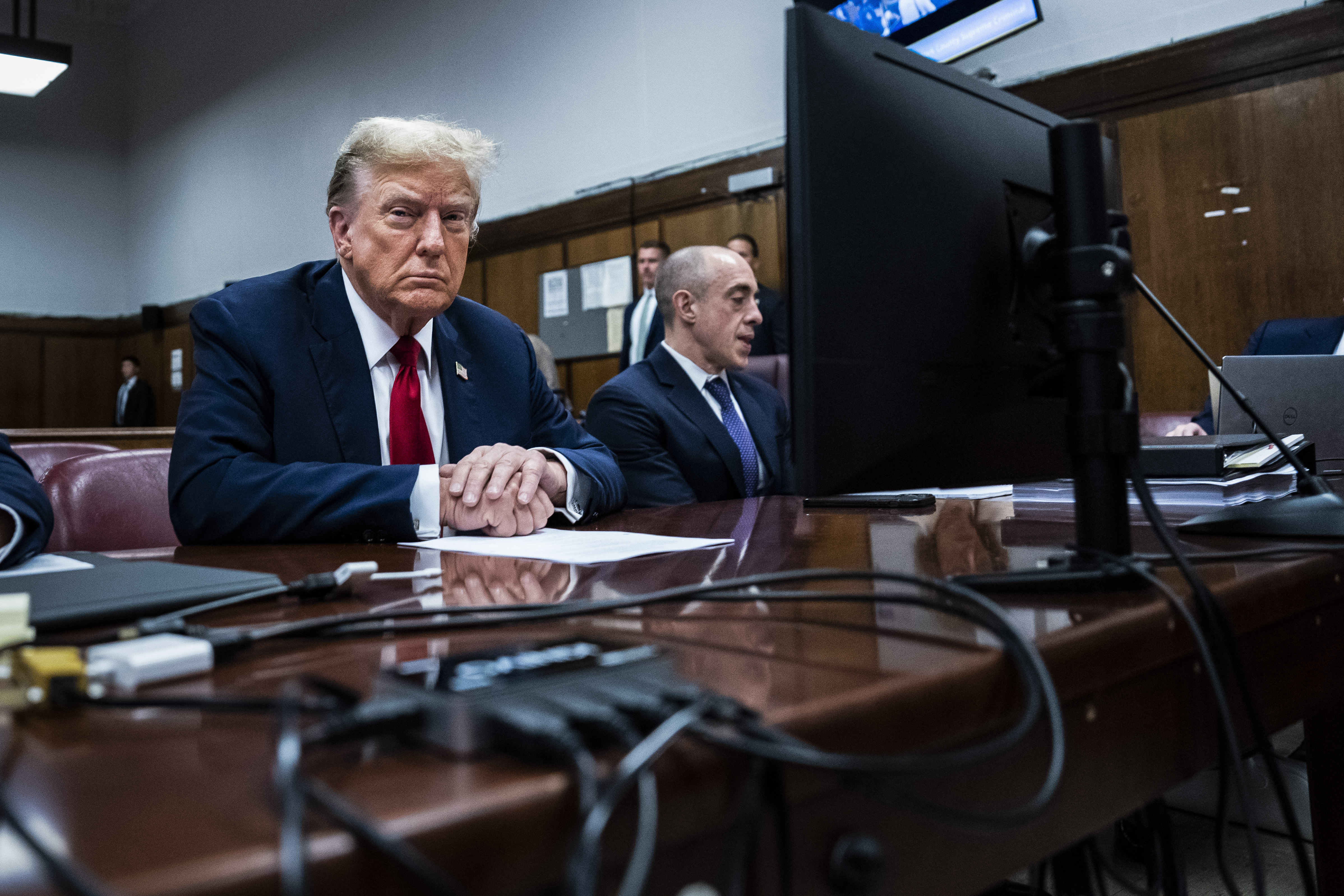This report is based on work by our partners at FactCheck.org, a nonpartisan project of the University of Pennsylvania's Annenberg Public Policy Center.
The third and final presidential debate between President Barack Obama and Republican Gov. Mitt Romney gave voters the opportunity to hear more from each candidate on foreign policy. But our partners at FactCheck.org found several misleading and false statements.
First, a claim from the president going back four years ago:
“When you were a candidate in 2008 -- as I was -- and I said, 'If I got bin Laden in our sights, I would take that shot,' you said we shouldn’t move heaven and earth to get one man, and you said we should ask Pakistan for permission.”
Did Romney say the U.S. shouldn't go after Osama bin Laden in Pakistan without that country's permission?
"Romney said that, of course, he would use any option that’s available to him to protect the United States," said Eugene Kiely, deputy director of FactCheck.org. "So he would have used this as an option, but he was just critical of Obama for publicly speaking about it. He said we should keep our options quiet."
Politics
Politics from around the world.
FactCheck also found the president going too far on the topic of residual force of U.S. troops in Iraq.
Romney: [W]ith regards to Iraq, you and I agreed, I believe, that there should have been a status of forces agreement. Did you...
Obama: That’s not true. ... [W]hat I would not have done is left 10,000 troops in Iraq that would tie us down. That certainly would not help us in the Middle East.
“Romney’s right here because both Obama and Romney did want to leave troops in Iraq," Kiely said. "It’s just a matter of how many. Obama wanted to keep 3,000-4,000 in there for the transitional period ... and Romney wanted to leave anywhere between 10,000 and 30,000. So it’s a matter of numbers.”
Next up, Romney's point about the size of our Navy's fleet backfires:
Romney: Our Navy is smaller now than any time since 1917. The Navy said they needed 313 ships to carry out their mission.
Obama: But I think Governor Romney maybe hasn’t spent enough time looking at how our military works. You -- you mentioned the Navy, for example, and that we have fewer ships than we did in 1916. Well, Governor, we also have fewer horses and bayonets -- (laughter) -- because the nature of our military’s changed.”
“Romney’s right. There are fewer ships now than there were in 1917," Kiely said. "But Obama’s also right that the Navy’s different now than it was then. There were 342 ships in 1917, now there are 282. But those ships obviously are larger, more technologically advanced than they were in 1917. So you just can’t compare the Navy that we had now to the Navy that we had then."
Finally, a claim we've heard repeatedly from the Romney campaign:
“And then the president began what I’ve called an apology tour of going to -- to various nations in the Middle East and -- and criticizing America," Romney said during the debate. "I think they looked at that and saw weakness."
FactCheck says that while Obama admitted tensions between the United States and other nations, there was no direct apology when he gave those speeches.
For more fact-checking of the final presidential debate, click here.




